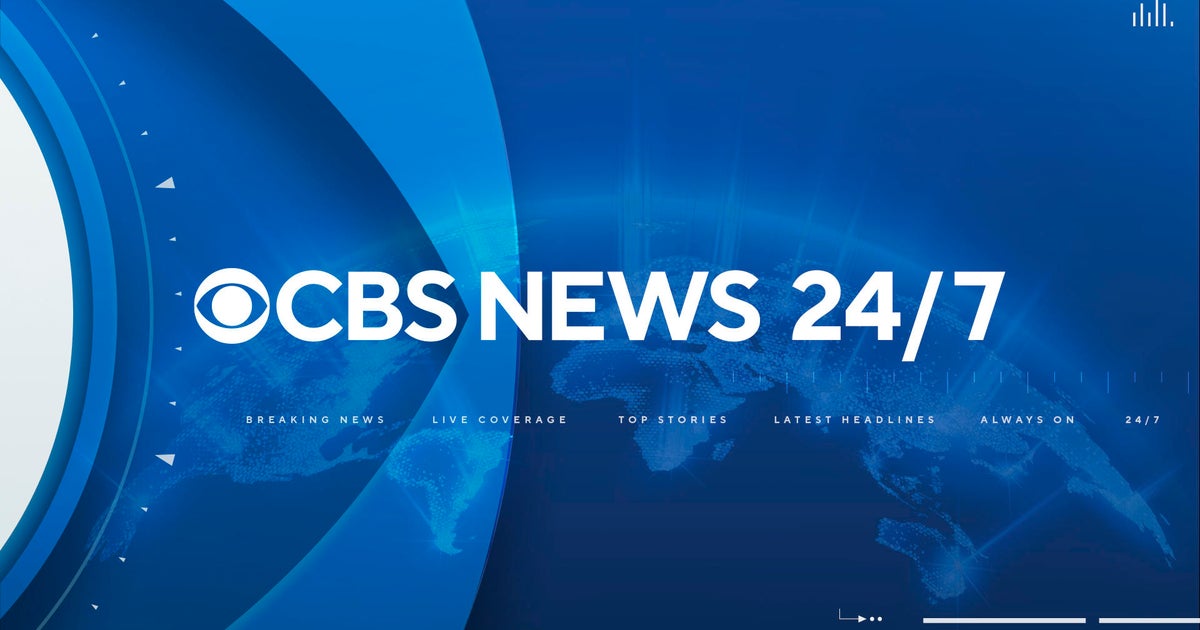Navigating the Information Landscape: Tips for Searching For Credible Details
In an age where information is abundant yet often undependable, navigating the information landscape with discernment is paramount. Developing the integrity of resources is the initial action, as recognizing the credentials of writers and the reputation of their publications can considerably affect the high quality of information eaten.
Assessing Resource Trustworthiness
Evaluating source reputation is crucial for guaranteeing the reliability of information in an age noted by info overload. As individuals browse various kinds of media, from electronic write-ups to social networks, critical reliable resources ends up being vital. Secret elements to consider when analyzing source reputation include the authority of the writer, the magazine's reputation, and the evidence provided to sustain cases.
First, examine the author's certifications and proficiency in the topic. Writers with pertinent academic or professional backgrounds are most likely to give trustworthy insights. Next, consider the magazine's reputation; established media outlets normally adhere to journalistic criteria and fact-checking methods, making them much more trustworthy.
Furthermore, assess the quality and significance of the proof presented. Reliable resources commonly cite peer-reviewed studies, specialist meetings, or main statistics, which boosts their claims.
Cross-Checking Info
Cross-checking info is an important technique for confirming the precision of insurance claims and staying clear of the challenges of misinformation. This process includes comparing information from multiple reliable resources to establish its legitimacy. When running into a news tale or case, one must look for additional coverage on the same topic from different outlets. This aids to determine inconsistencies and verify truths.
To properly cross-check info, it is vital to utilize diverse sources, including developed information organizations, academic journals, and expert point of views. Each source might supply an unique perspective or additional context that boosts understanding. Additionally, pay focus to the publication dates of the information being evaluated, as updates or corrections might have been issued.
Additionally, think about the context in which information exists. Seek affirming evidence, such as data, meetings, or firsthand accounts, that provide reputation to an insurance claim. Beware of sensational headings or mentally charged language, as these can suggest an effort to control perception.
Recognizing Prejudice and Viewpoint
Recognizing predisposition and perspective is essential for navigating the complex landscape of details. Every item of news is infiltrated the lens of the author's experiences, ideas, and affiliations, which can dramatically shape the narrative offered. As customers of information, it is necessary to identify these biases, as they can result in distorted understandings of truth.

It is additionally vital to acknowledge your own prejudices. Individual ideas can affect exactly how you analyze info, making it vital to her response approach information with a crucial way of thinking. Engaging with varied point of views can aid neutralize individual biases, enabling for a more spherical understanding of concerns.
Eventually, acknowledging bias and perspective in news coverage is not simply a scholastic exercise; it is an essential ability for educated citizenship in a democratic culture. By growing this understanding, people can make more informed decisions and add to an extra nuanced public discussion.
Understanding Fact-Checking Resources
Fact-checking sources play a critical function in critical the accuracy of info in an age marked by misinformation and sensationalism. These resources, which include independent Visit Your URL companies and on-line platforms, are committed to confirming cases made by somebodies, media outlets, and social networks messages. They use strenuous methods to examine the credibility of declarations, frequently mentioning initial sources and offering context to assist in understanding.
Some popular fact-checking organizations, such as Snopes, FactCheck.org, and PolitiFact, emphasis on various topics, from political unsupported claims to viral web cases. Their job not only unmasks false details yet also highlights the value of evidence-based discussion. By seeking advice from these sources, people can develop a much more discerning approach to the info they come across.
In addition, many fact-checking platforms offer easy to use interfaces that enable quick searches by subject or insurance claim, making it easier for customers to locate pertinent information immediately. Engaging with fact-checking sources promotes important thinking and gears up individuals with the tools necessary to browse the complex news landscape successfully, inevitably useful reference promoting a much more enlightened public discourse.

Making Use Of Trusted News Aggregators
In today's hectic info landscape, trusted news aggregators act as valuable devices for people seeking reputable news sources. These systems assemble news posts from different respectable outlets, providing individuals with a combined view of current events. By curating material from developed media organizations, collectors help individuals avoid the pitfalls of false information and sensationalism typically widespread in less reliable sources.
When making use of information aggregators, it is vital to select ones that prioritize quality over amount. Seek systems that employ strenuous content criteria, ensuring that the information provided is precise and credible. Popular collectors like Google Information, Feedly, and Flipboard permit customers to tailor their news feeds based on subjects of interest, enabling a customized experience that can boost expertise and awareness.
Additionally, aggregators frequently include functions such as fact-checking integrations and user rankings, better assisting consumers in discerning reliable details - news. While information aggregators are useful, users must continue to be cautious and cross-reference info with key resources when needed. By leveraging trusted information collectors successfully, individuals can browse the intricate media landscape while remaining informed with reputable and diverse point of views
Verdict
Finally, navigating the news landscape requires a methodical method to make certain the consumption of reputable details. Analyzing resource trustworthiness, cross-checking truths, and identifying predispositions are important practices for informed discussion. Additionally, making use of fact-checking sources and trusted information collectors improves the ability to determine exact reporting from misinformation. By employing these methods, individuals can add to a more informed public discussion and foster vital reasoning in the face of a significantly intricate media setting.